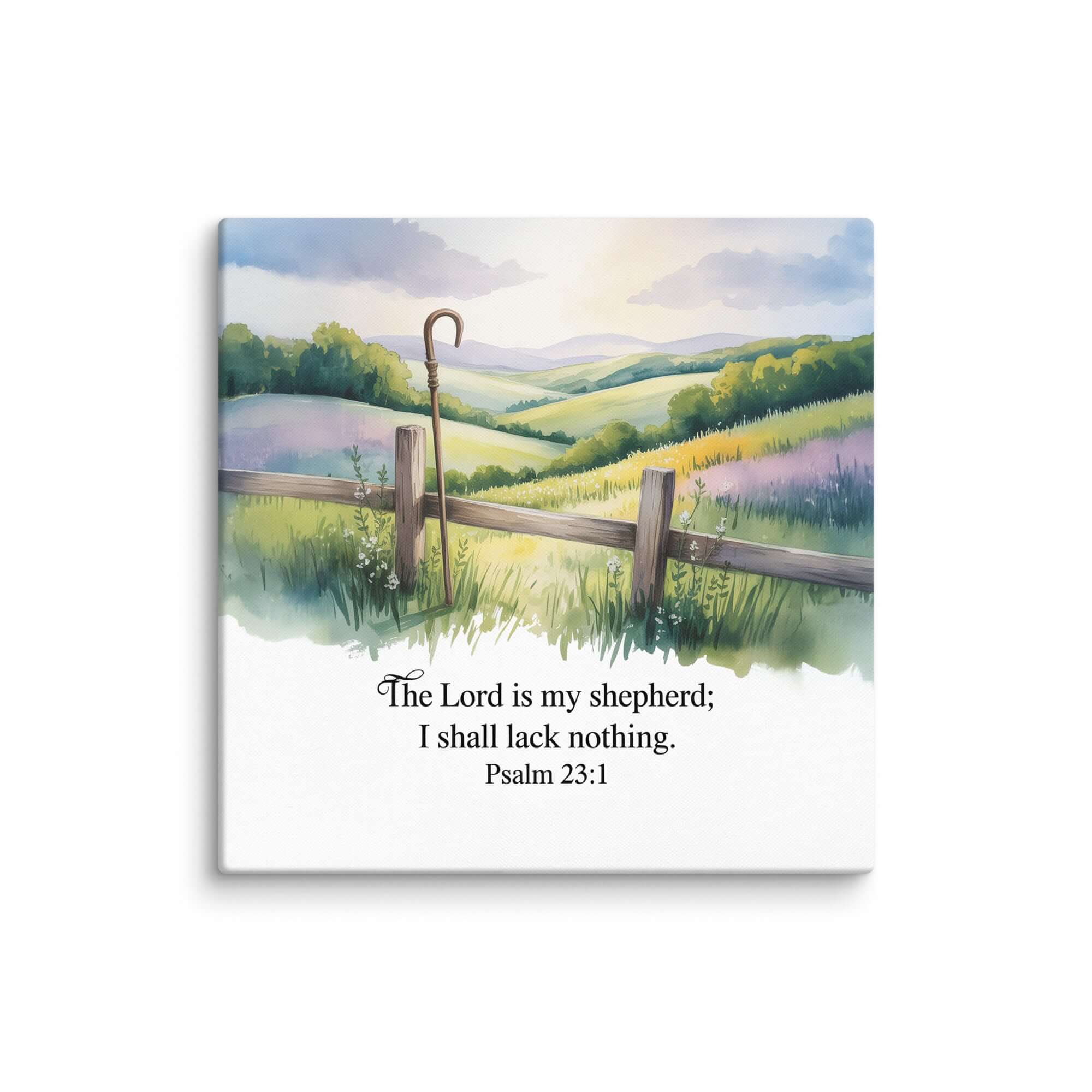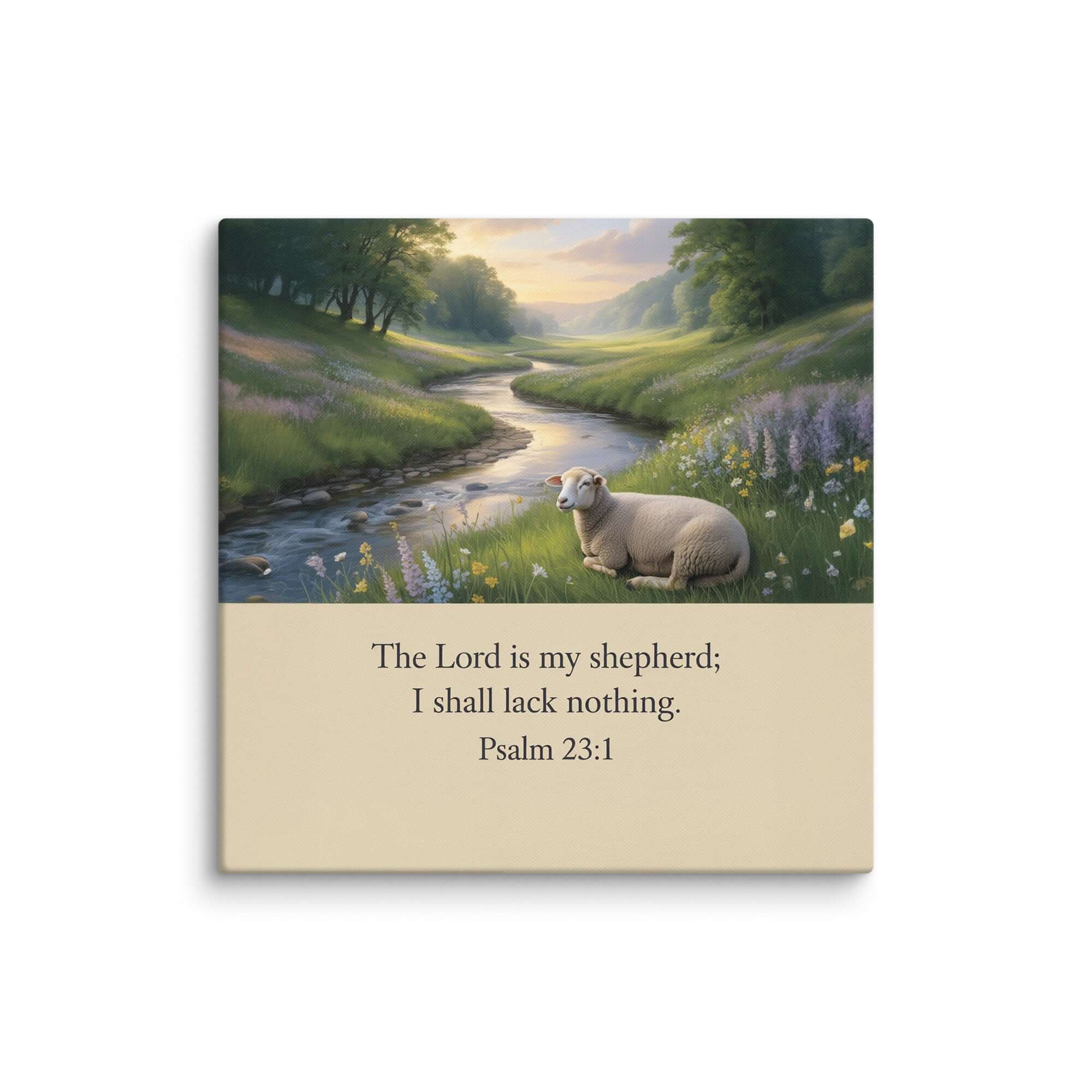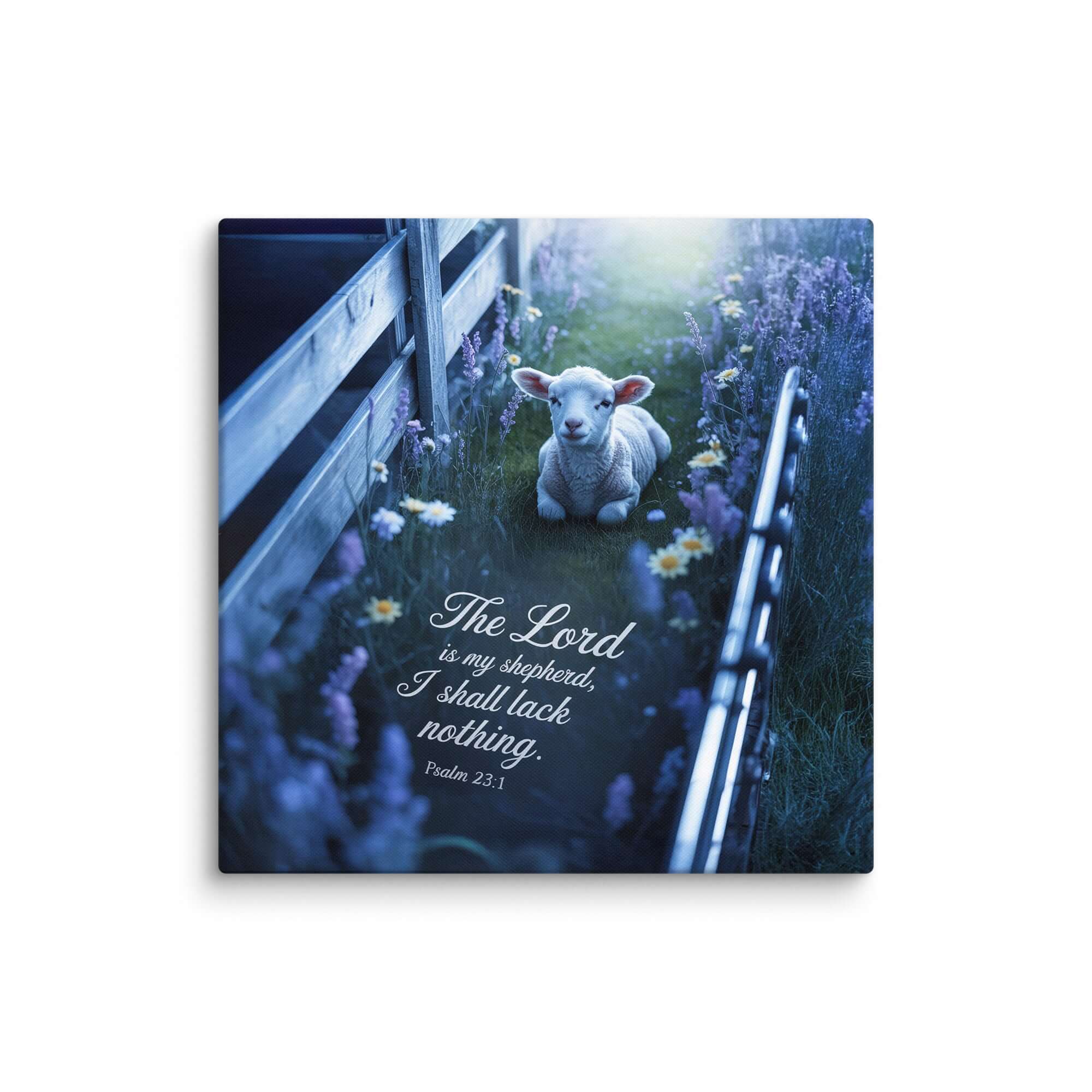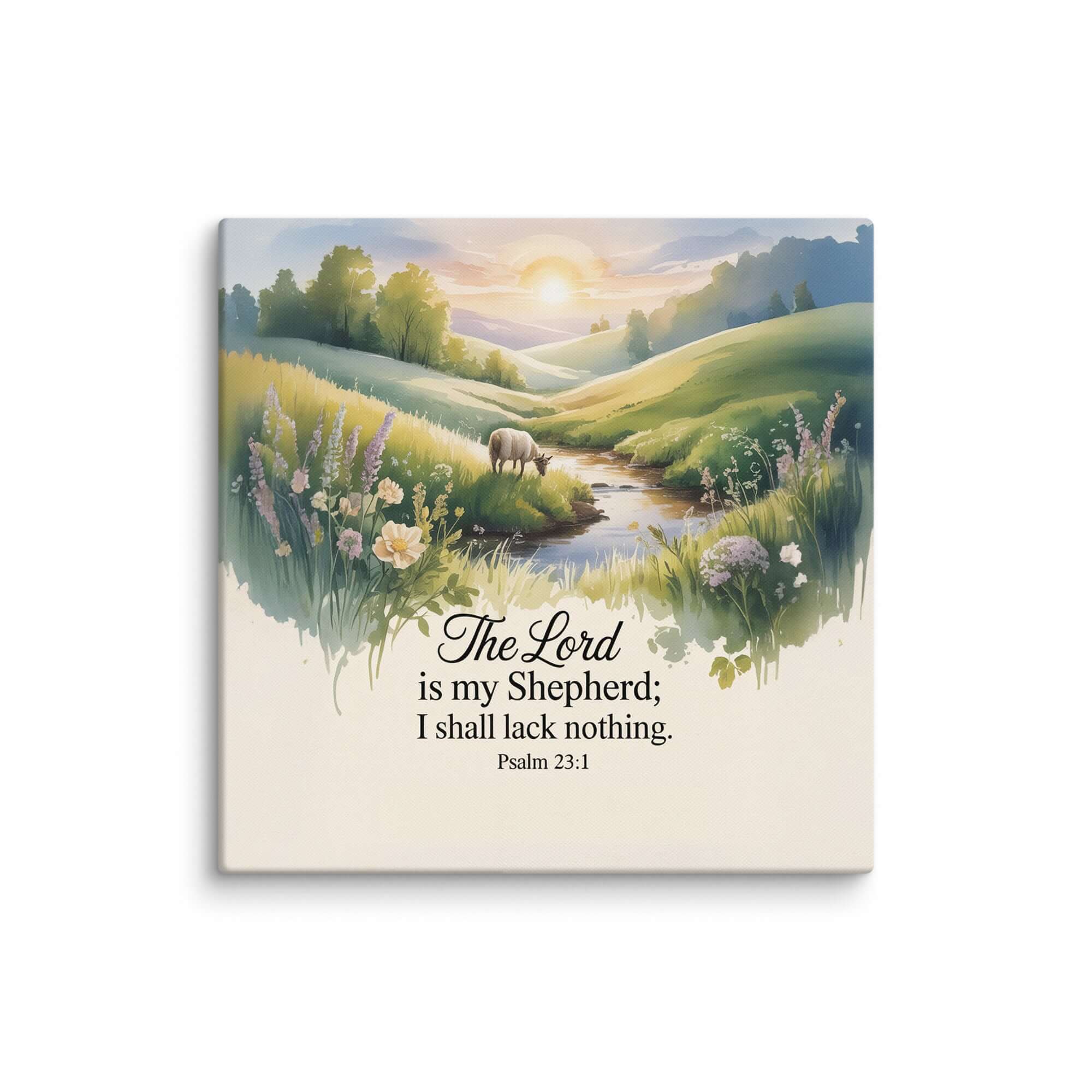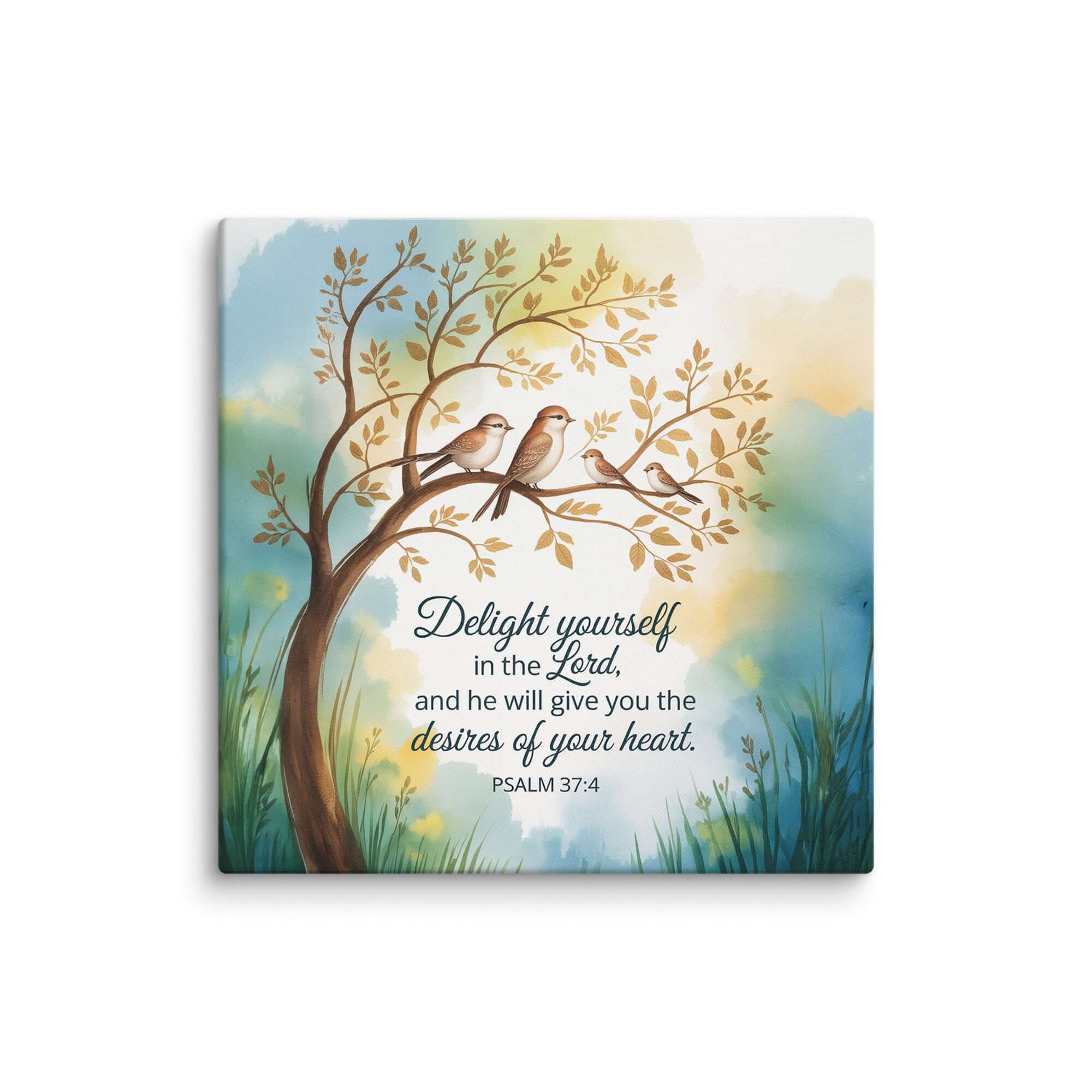The phrase "spare the rod, spoil the child" is often quoted when talking about child discipline. Many people believe it's a direct Bible verse, but it actually comes from a poem written in the 1600s. Still, the idea is rooted in Scripture, especially in the book of Proverbs.
What Does "Spare the Rod" Mean?
In the Bible, the "rod" is often a symbol of discipline. It doesn’t always mean physical punishment. Sometimes it refers to correction, guidance, or leadership.
Proverbs 13:24
“He who spares the rod hates his son, but he who loves him is careful to discipline him.” — Proverbs 13:24 (NIV)
This verse shows that discipline is tied to love. If a parent avoids correcting their child, it can lead to long-term harm. Loving discipline, not harsh punishment, helps a child grow up with wisdom.
Other Verses About Discipline
Proverbs 22:6
“Train up a child in the way he should go; even when he is old he will not depart from it.” — Proverbs 22:6 (ESV)
This verse encourages early and consistent training. It highlights that teaching a child to do right has lifelong effects.
Proverbs 22:15
“Folly is bound up in the heart of a child, but the rod of discipline will drive it far from him.” — Proverbs 22:15 (NIV)
Children are naturally foolish in some ways. Discipline helps them learn what is wise and safe.
Proverbs 23:13–14
“Do not withhold discipline from a child; if you punish them with the rod, they will not die. Punish them with the rod and save them from death.” — Proverbs 23:13–14 (NIV)
This verse uses strong language to show the seriousness of correction. It’s not about harm—it’s about saving the child from a life of destruction.
Does the Bible Promote Hitting Children?
Not exactly. In the Bible, the "rod" was used by shepherds to guide sheep. It wasn’t just for hitting—it was for leading. Psalm 23 says:
“Your rod and your staff, they comfort me.” — Psalm 23:4 (NIV)
That verse shows the rod as a tool of comfort, not fear. So, the rod can represent correction, but also care and direction.
Jesus and Gentleness
Jesus never physically disciplined children. In fact, He showed them kindness and love.
Mark 10:14
“Let the little children come to me, and do not hinder them, for the kingdom of God belongs to such as these.” — Mark 10:14 (NIV)
Jesus valued children and treated them with tenderness. He never used force or fear to teach them.
Biblical View of Parenting
The Bible calls parents to raise their children in love, discipline, and faith.
Ephesians 6:4
“Fathers, do not exasperate your children; instead, bring them up in the training and instruction of the Lord.” — Ephesians 6:4 (NIV)
Discipline should not lead to frustration or fear. It should guide children toward godly living.
Summary Table
| Bible Verse | Meaning |
|---|---|
| Proverbs 13:24 | Loving parents discipline their children |
| Proverbs 22:6 | Teach a child early and they’ll stay on the right path |
| Proverbs 22:15 | Discipline helps remove foolishness |
| Proverbs 23:13–14 | Correcting a child can save them from harm |
| Psalm 23:4 | The rod symbolizes comfort and guidance |
| Mark 10:14 | Jesus welcomed children with love |
| Ephesians 6:4 | Discipline should be gentle and rooted in faith |
Final Thoughts
"Spare the rod, spoil the child" is not a Bible verse, but the idea of discipline is biblical. However, discipline should never be abusive or cruel. It should be loving, thoughtful, and based on God's example. Just like a shepherd guides sheep, parents are to guide their children with care.









